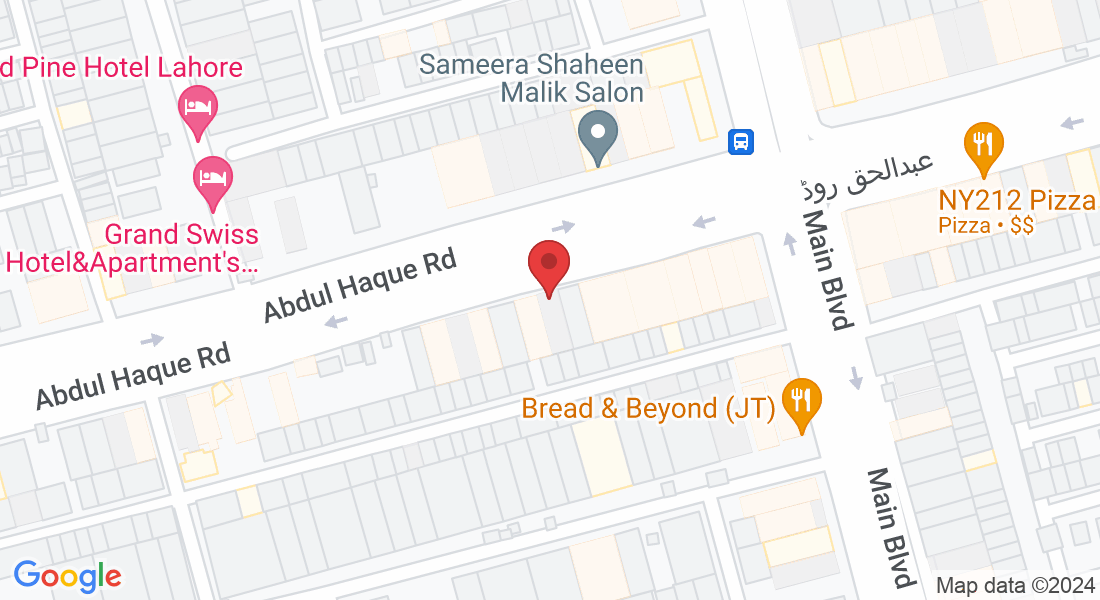Thank You
FAQs
What is Gitchia Institute of Global Certification?
Gitchia Institute of Global Certification is a certification body in Pakistan offering various international standards certifications, including ISO 9001, ISO 22000, Halal, FSSC 22000, and GMP.
How can I get ISO 9001 certification from Gitchia Institute of Global Certification?
To get ISO 9001 certification, you need to contact us for an initial consultation, undergo a gap analysis, implement necessary changes, and then pass the certification audit conducted by our expert auditors.
What are the benefits of ISO 22000 certification?
ISO 22000 certification ensures your food safety management systems are up to international standards, improving customer trust, regulatory compliance, and operational efficiency.
How do I apply for Halal certification?
You can apply for Halal certification by contacting us through our website, email, or phone. We will guide you through the application process, requirements, and audit procedures.
What industries does your certification body serve?
We serve a wide range of industries in Pakistan, including manufacturing, food and beverage, healthcare, cosmetics, and more.
How long does it take to get certified?
The certification timeline varies based on the standard being pursued, the size and complexity of your organization, and your current level of compliance. Typically, it can take anywhere from a few weeks to several months.
What is the process for FSSC 22000 certification?
The FSSC 22000 certification process involves a detailed audit of your food safety management systems, ensuring compliance with FSSC 22000 standards, and providing recommendations for any necessary improvements.
What documents are required for certification?
The required documents vary based on the standard. Generally, you will need quality manuals, procedures, records, and evidence of implementation.
Do you offer certification training?
Yes, we offer training programs to help your organization understand and implement the requirements of various standards, ensuring a smooth certification process.
How much does certification cost?
The cost of certification depends on various factors, including the specific standard, the size of your organization, and the scope of the certification. Contact us for a tailored quote.
What is GMP certification?
GMP (Good Manufacturing Practices) certification ensures that your manufacturing processes meet high standards of quality, safety, and regulatory compliance.
Do you offer re-certification services?
Yes, we offer re-certification services to ensure your organization continues to meet the standards and maintains its certification status.
What is the validity period of certifications?
Certifications are typically valid for three years, subject to annual surveillance audits to ensure ongoing compliance.
Can you help with internal audits?
Yes, we provide internal audit services to help your organization prepare for the certification audit and maintain compliance with the standards.
Why choose your certification body for your certification needs?
We are a trusted and accredited certification body in Pakistan, known for our expertise, comprehensive services, and commitment to helping organizations achieve and maintain high standards of quality and safety.
Get In Touch
Email: [email protected]
Helpline No. +923041110252
Contact No. : 042-35445641
Address Office: 43-L Abdul Haque Road, Phase-II, Johar Town, Lahore.
Assistance Hours:
Mon – Sat 10:00 am to 6:00 pm

“ENDORSEMENT, GLOBAL ACCEPTANCE”
Certification, Training and Inspection Services
